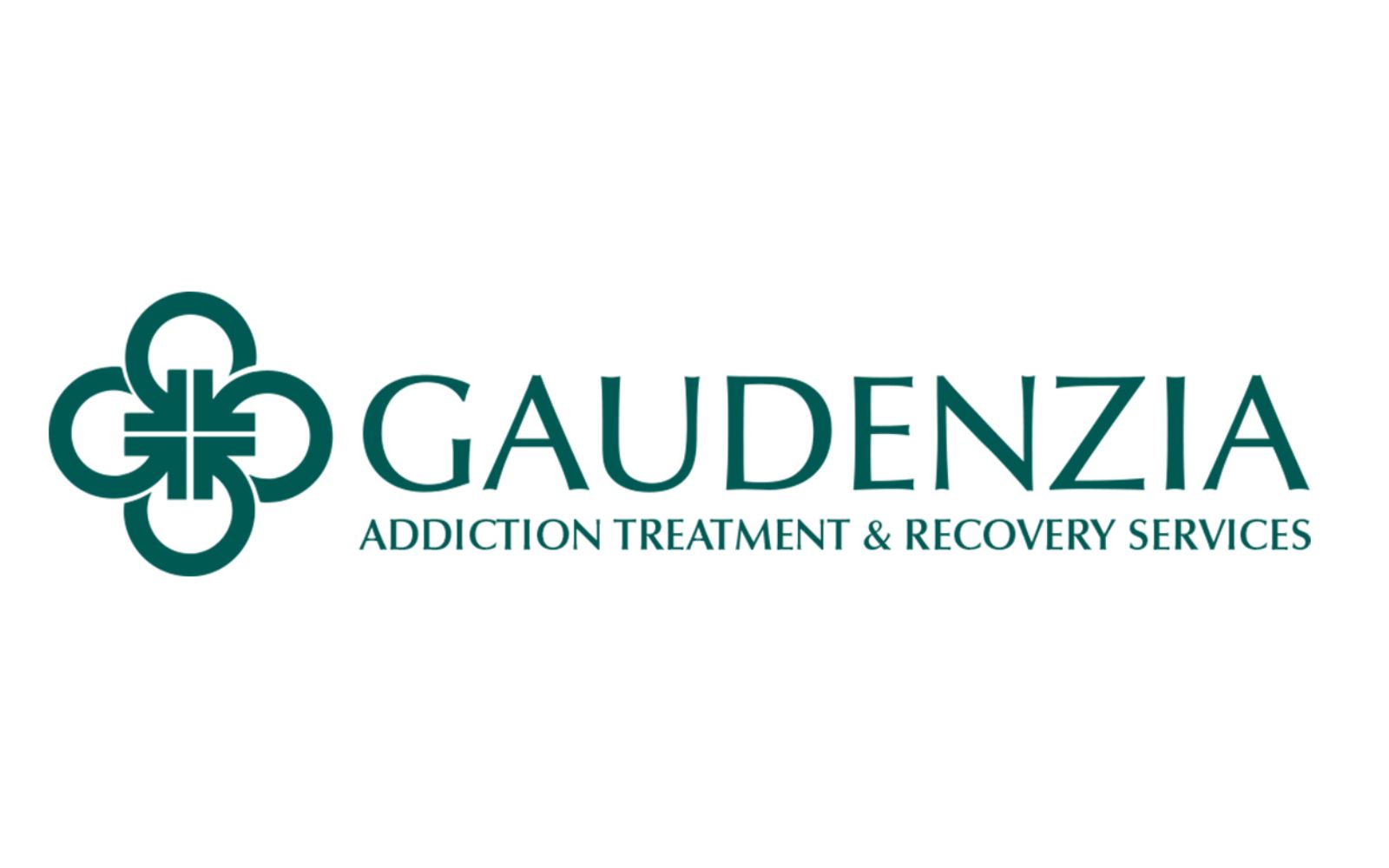West Chester, Pennsylvania, United States
Gaudenzia West Chester Outpatient
Claimed
Claimed
Recovery.com has connected directly with this treatment provider to validate the information in their profile.
CARF Accredited
CARF stands for the Commission on Accreditation of Rehabilitation Facilities. It's an independent, non-profit organization that provides accreditation services for a variety of healthcare services. To be accredited means that the program meets their standards for quality, effectiveness, and person-centered care.
Provider's Policy
We accept Medicaid plans, certain types of commercial insurance, and can assist with county funding.
Estimated Cash Pay Rate
The cost listed here (call for rates) is an estimate of the cash pay price. Center pricing can vary based on program and length of stay. Contact the center for more information. Recovery.com strives for price transparency so you can make an informed decision.
About Gaudenzia West Chester Outpatient
Gaudenzia West Chester is an outpatient treatment program for individuals with substance use disorders and co-occurring disorders, using evidence-based therapies to provide individualized care. Gaudenzia offers a continuum of care to ensure patients receive ongoing support throughout their entire recovery journey. Additional services are also coordinated through Gaudenzia’s numerous other locations throughout Pennsylvania, ensuring that all patients have access to comprehensive care.
Evidence-Based Care
Gaudenzia West Chester offers both intensive outpatient and standard outpatient services for those with substance use disorders, and can provide assessment services, family resources, recommendations for alternative outpatient services, and referrals for housing. Their care team facilitates group and individual therapy sessions, using cognitive behavioral therapy (CBT) and motivational enhancement therapy (MET). To better serve a wider range of clients, Spanish language counseling and group sessions are available. Located in downtown West Chester, this center is just a 3-minute walk from the nearest bus station, making treatment easily accessible to everyone.
Read More

Insurance Accepted
Provider's Policy:We accept Medicaid plans, certain types of commercial insurance, and can assist with county funding.

Medicaid
<p>Signed into law through the Social Security Act in 1965, Medicaid is a United States government program that offers health insurance to those with limited income.</p>
See rehabs that accept this provider.
Center Overview
Estimated Cash Pay Rate
Men and Women
Men and women attend treatment for addiction in a co-ed setting, going to therapy groups together to share experiences, struggles, and successes.

Treatment Focus
This center treats primary substance use disorders and co-occurring mental health conditions. Your treatment plan addresses each condition at once with personalized, compassionate care for comprehensive healing.

Care Options







Treatment
Specializations
Alcohol
Using alcohol as a coping mechanism, or drinking excessively throughout the week, signals an alcohol use disorder.
Co-Occurring Disorders
A person with multiple mental health diagnoses, such as addiction and depression, has co-occurring disorders also called dual diagnosis.
Drug Addiction
Drug addiction is the excessive and repetitive use of substances, despite harmful consequences to a person's life, health, and relationships.
Medication-Assisted Treatment
Combined with behavioral therapy, prescribed medications can enhance treatment by relieving withdrawal symptoms and focus patients on their recovery.
Approaches
Evidence-Based
A combination of scientifically rooted therapies and treatments make up evidence-based care, defined by their measured and proven results.
Personalized Treatment
The specific needs, histories, and conditions of individual patients receive personalized, highly relevant care throughout their recovery journey.
Therapies
1-on-1 Counseling
Patient and therapist meet 1-on-1 to work through difficult emotions and behavioral challenges in a personal, private setting.
Trauma-Specific Therapy
This form of talk therapy addresses any childhood trauma at the root of a patient's current diagnosis.
Life Skills
Teaching life skills like cooking, cleaning, clear communication, and even basic math provides a strong foundation for continued recovery.
Motivational Interviewing and Enhancement Therapy (MET)
This approach is based on idea that motivation to change comes from within. Providers use a conversational framework that may help you commit to recovery.
Relapse Prevention Counseling
Relapse prevention counselors teach patients to recognize the signs of relapse and reduce their risk.
Substances We Treat
Alcohol
Using alcohol as a coping mechanism, or drinking excessively throughout the week, signals an alcohol use disorder.
Co-Occurring Disorders
A person with multiple mental health diagnoses, such as addiction and depression, has co-occurring disorders also called dual diagnosis.
Drug Addiction
Drug addiction is the excessive and repetitive use of substances, despite harmful consequences to a person's life, health, and relationships.
Aftercare
Experience
Amenities
We love hearing about your treatment experience
Help individuals and families seeking treatment by sharing your first-hand experience with this treatment provider. Review Guidelines.








